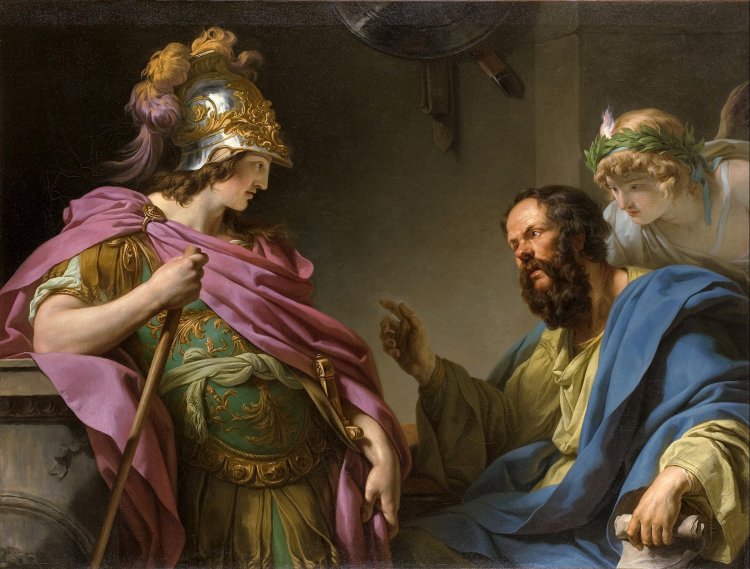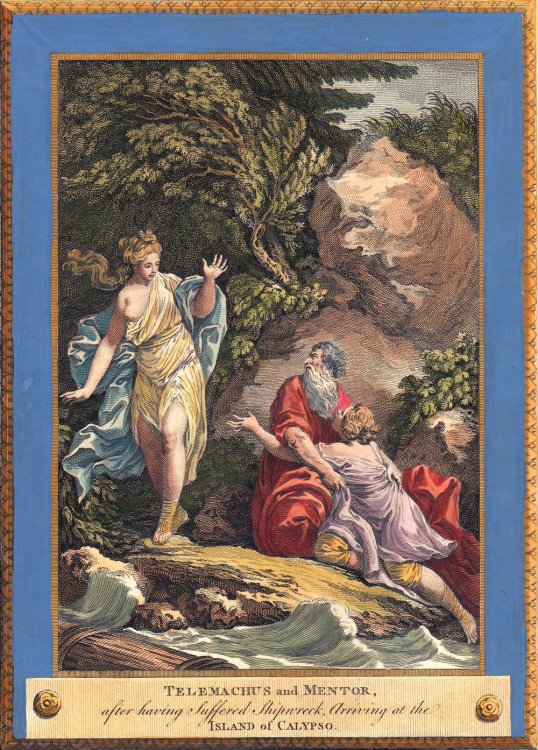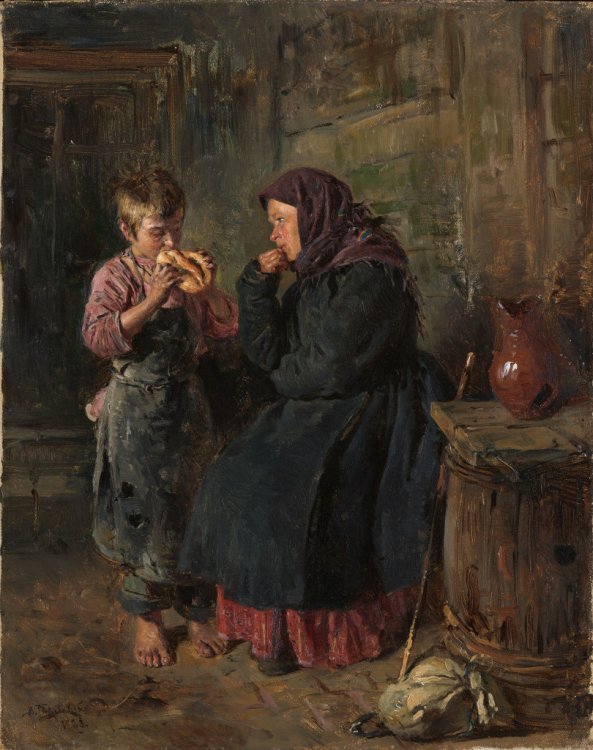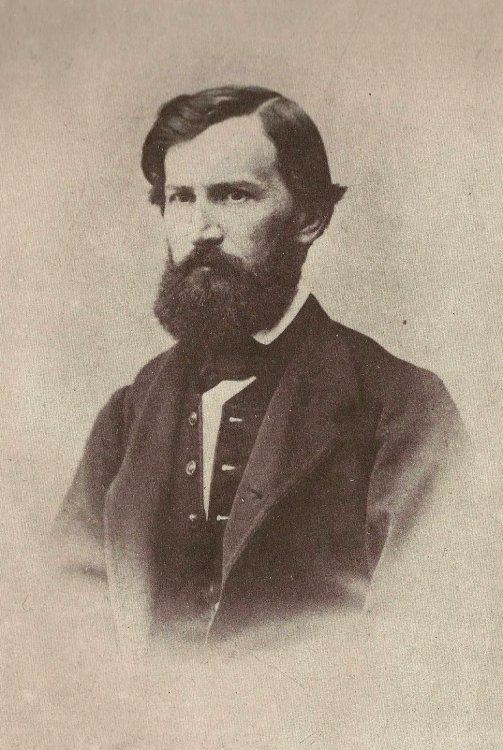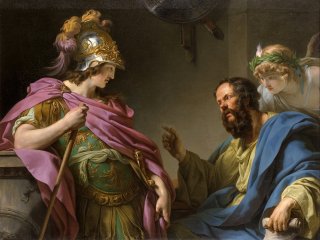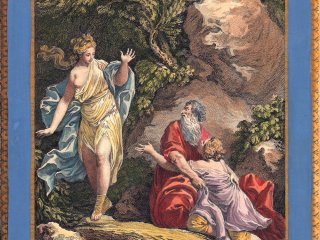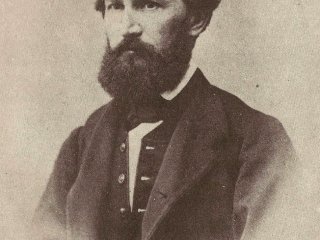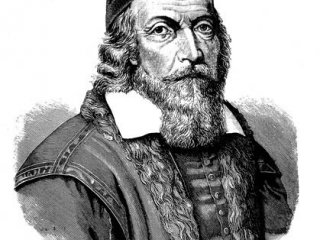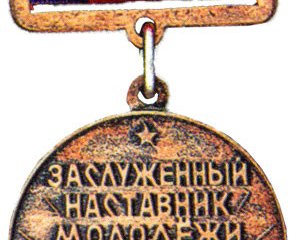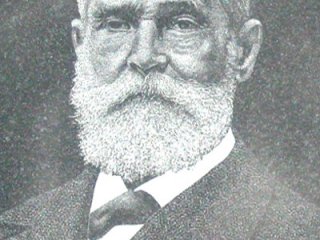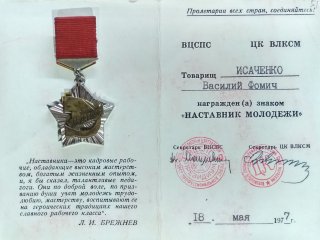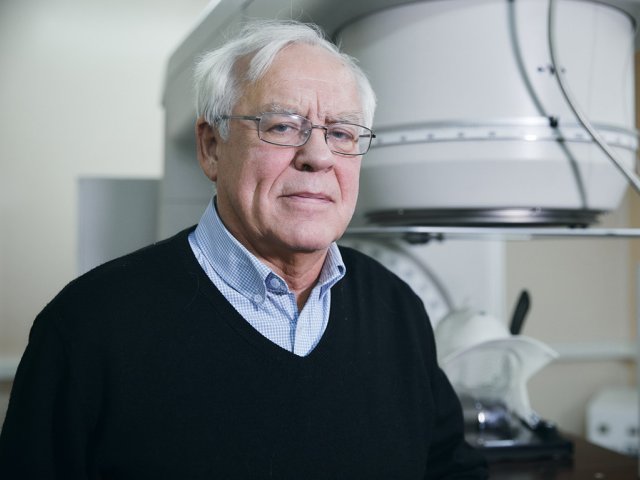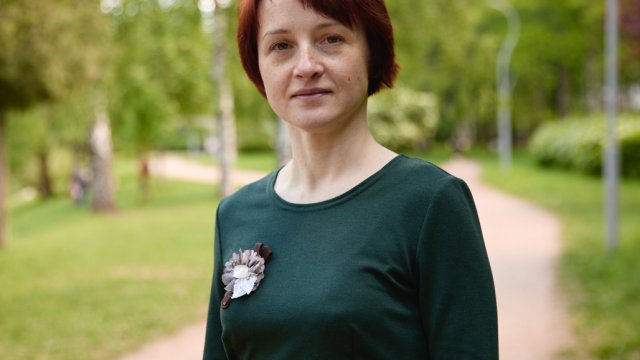Francois-Andre Vincent. Alcibiades being taught by Socrates. 1776. Musée Fabre
Socrates, the ancient Greek philosopher, believed that the main task of a mentor lies in the awakening of powerful spiritual forces in their student. The mentor, the philosopher posited, guides the student towards the emergence of truth in their mind. Modern mentors do more than just teach — they help unlock one's potential, find their strengths and identify their weaknesses, and suggest the direction for their development. And this is true not only to classical education. Today mentoring has extended beyond educational institutions and places of business. Mentor's guidance is increasingly sought individually, or at the corporate level. Recognizing the ever-growing importance of mentors and teachers in a rapidly changing world, the President of Russia has declared 2023 the Year of Teacher and Mentor.
Mentoring in the modern sense is understood as a process where a beginner is being taught professional skills. In this case, a mentor is responsible for driving the professional growth of an employee, their career advancement, and acquisition of the expected skills.
Charles Monnet. Telemachus and Mentor. Watercolor engraving from The Adventures of Telemachus book. 1774
Mentoring is the oldest institution of human relations. The very word “mentor” has its origin in ancient Greek mythology. It was the name of an old friend of Odysseus, a character in myths and Homer's poem The Odyssey. Mentor looked after the hero's son Telemachus and protected his wife Penelope from unwanted suitors. In later times, the Mentor name became adopted as a term meaning a wise adviser who is able to provide guidance and instruction, someone who enjoys universal trust. Philosophers Plato and Jean-Jacques Rousseau observed that the interaction between the mentor and the student is a complex art of communication from the position of equality. The principles of mentoring, however, date back to even before the Greek civilization.
It is believed that the phenomenon of mentoring emerged through group activities of ancient people. Communal living, hunting, gathering were a necessary condition for survival of Homo Sapiens. Primitive forms of mentoring among ancient humans were present in the teaching of children — for example, instructing them on how to distinguish edible fruit from inedible. The most vivid example of mentoring for the young generation is the initiation rites. Such rites made it possible for an individual to transition from their prior environment (childhood, household function, or even family). They became the foundation for age-appropriate pedagogy. You can find additional information about teaching among ancient humans in our lecture with participation of anthropologist Stanislav Drobyshevsky.
V. E. Makovsky. The Meeting. 1883. The State Tretyakov Gallery
Civilizational development had impact on people's lives. Conditions evolved, and new professions emerged that required special skills to master them. Artisans took young people as their apprentices. Apprentices helped them in creation of their product, simultaneously mastering their profession or craft. However, the conditions were usually quite harsh for young students. And sometimes parents were compelled to apprentice their children to craftsmen out of poverty. “The Meeting,” a painting by artist V. E. Makovsky, depicts that very situation.
The role of a mentor and spiritual teacher has traditionally been highly important in religious practice. Clergymen were the keepers of the sacred knowledge and passed it on to their students. Mentors and wise men were revered and endowed with a special social status.
Since the ancient times, scientists and philosophers have been reflecting on the role and tasks of a mentor, teacher, instructor in the process of education. For example, John Amos Comenius, a 17th-century Czech philosopher, believed that “nothing can make one moral and pious, except a moral and pious teacher and mentor.” The philosopher believed that the mentor's personality is a foundation of professional and moral instruction.
Konstantin Dmitrievich Ushinsky
In Russian pedagogy, the problem of mentoring has always been the focus of particular attention. For example, in the 19th century, K. D. Ushinsky discussed the problem of mentoring. The founder of Russian pedagogy emphasized the direct correlation of professional adaptation of an individual with the level of pedagogical skill and knowledge of their mentor. “The goal of mentoring is specifically to nurture such a person who would be capable of functioning in society as a self-sufficient unit, who would be ready to live an independent life in society,” Ushinsky wrote.
Gradually, mentoring found its way to manufacturing enterprises as a method for “passing on best practices.” One of the first systems of mentoring in professional training was proposed at Moscow Technical School by mechanical engineers under the guidance of D. K. Sovetkin. That system has earned recognition both in Russia and abroad at international expos in Philadelphia, Paris, and Vienna. It has been noted that in Russia, manual labor training has evolved into a science in its own right.
Gradually, mentoring became part of all facets of life in the Soviet society — enterprises, public service, institutions and universities. In the USSR, mentoring was of particular importance in the professional and moral instruction of the Soviet youth. For example, in 1975, the most distinguished teachers were awarded Mentor of Youth honorary pins and in 1981, the honorary title of Distinguished Mentor of Youth of the RSFSR. During the Soviet period, the state understood that mentoring enables employees to improve their skill faster and beginners to truly blend into their professional teams. The Soviet society considered mentoring to be a cornerstone of a successful career.
In modern Russia, mentoring remains an essential activity both in education and in professional practice. It is regarded as an efficient method of talent management in professional teams and a form of corporate training and professional development. Various events during the Year of Teacher and Mentor will help us learn about the modern methods of mentoring and its importance. And perhaps some of our readers might end up trying their hand at mentoring in the new year.
Photo on the page: Wikipedia
Photo on the home page: Inter-Urban Central Library of Ufa district of Bashkortostan
